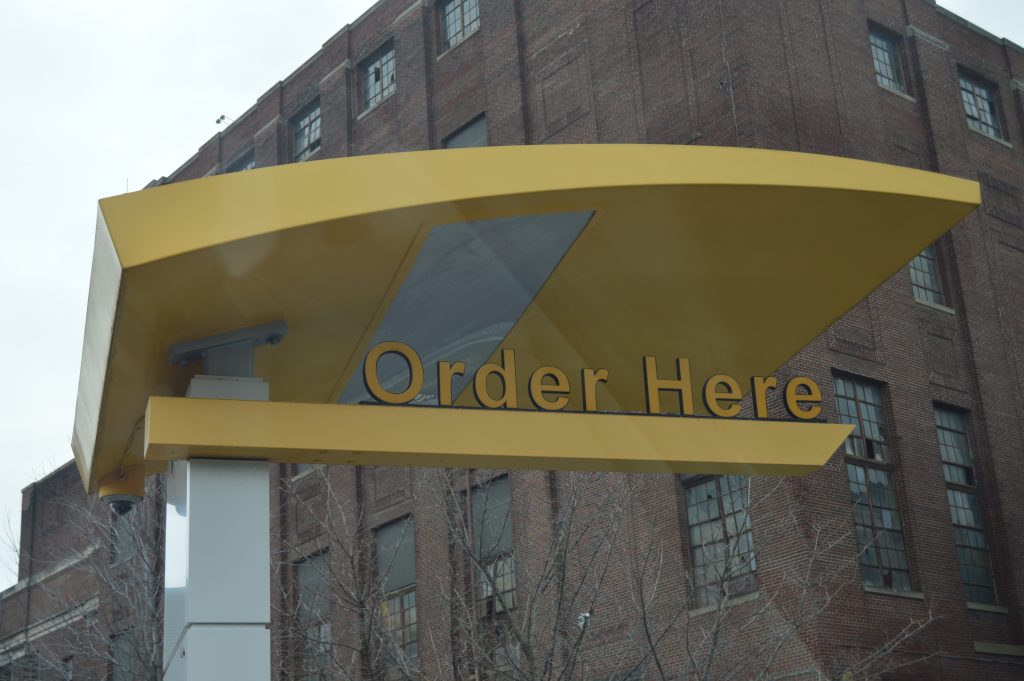How McDonald’s Fell In Love With Black America
“It’s bigger than food, it’s not just about a hamburger, it’s a about a series of relationships that have been very active in black America,” says Chatelain.

Fast food is a contentious topic. Beyond the intoxicating aroma of french fries lies an industry that is fraught with health issues, economic disparities and food deserts most commonly affecting low-income communities of color.
In the book “Franchise: The Golden Arches in Black America” it becomes clear that this is all baked into the history of one of the world’s most iconic fast food chains: McDonald’s.
Marcia Chatelain is the author and a Provost’s Distinguished Associate Professor of History and African-American Studies at Georgetown University. She joins Detroit Today Host Stephen Henderson for a conversation about fast food and it’s connection to the pivotal moment in the Civil Rights era.
Click on the player above to hear how McDonald’s capitalized on the Civil Rights movement to expand its franchise.
“There’s nothing inevitable or natural about fast food appearing anywhere. It is always the result of a long process,” says Chatelain. She explains that “in researching how McDonald’s got into black America, I discovered a hidden history in which McDonald’s targeted black neighborhoods for franchise opportunities after Martin Luther King’s assassination after 1968, and they soon discovered that the black consumer market would spend a lot of money on fast food.”
“Black business and black capitalism was one of those Civil Rights goals that you could realize quickly as opposed to fair and open housing or school integration.” – Marcia Chatelain, author
Chatelain emphasizes the important role that the civil rights leader’s assassination played in setting things into motion.
“There was a pivot towards black business and black capitalism and people started focusing on business development, because it was one of those Civil Rights goals that you could actually realize quickly as opposed to fair and open housing or school integration,” says Chatelain, who explores how that moment in history laid the groundwork for McDonald’s to reach out to the black business class for franchises in inner cities that had been former sites of racial strife.
